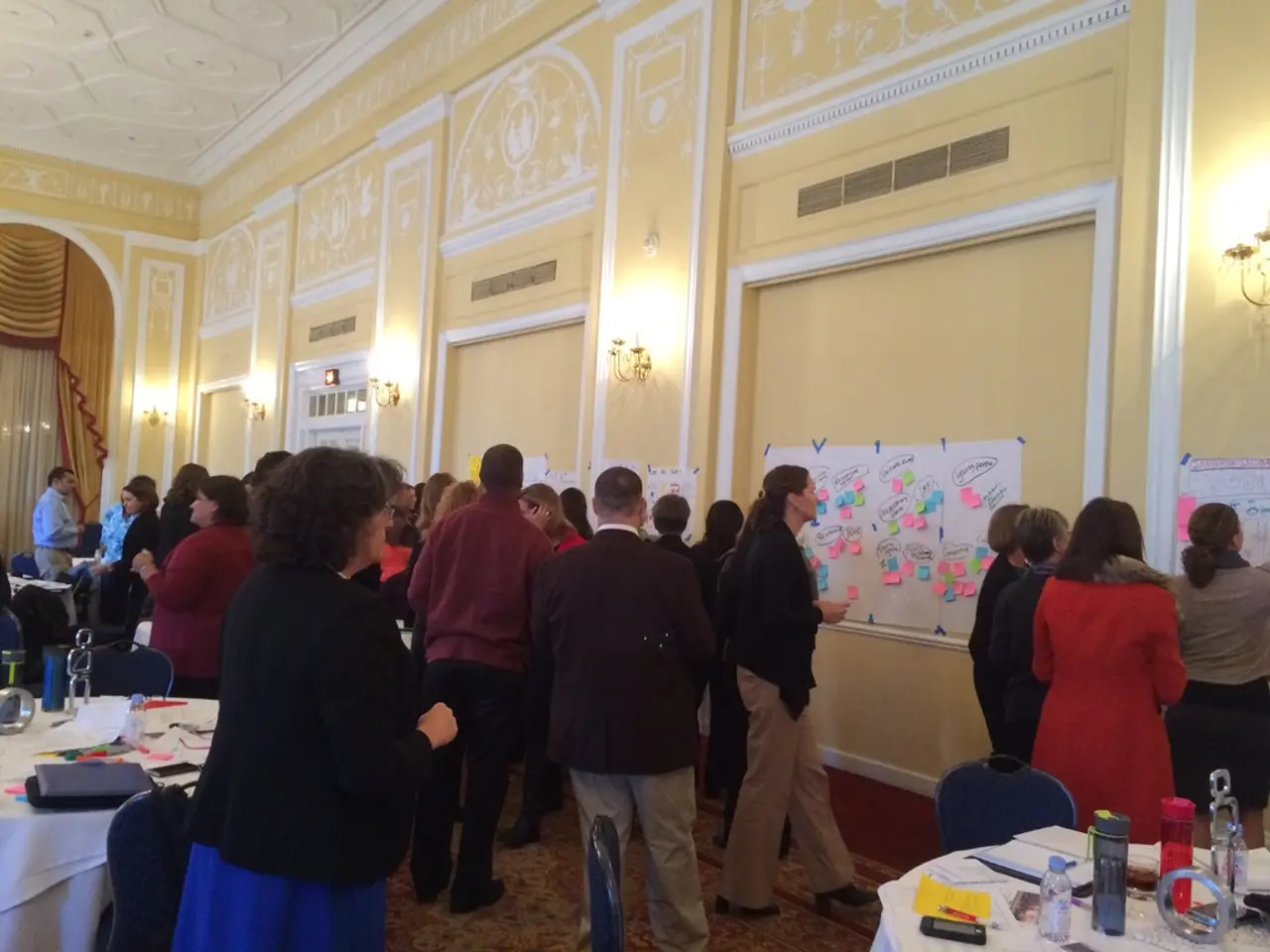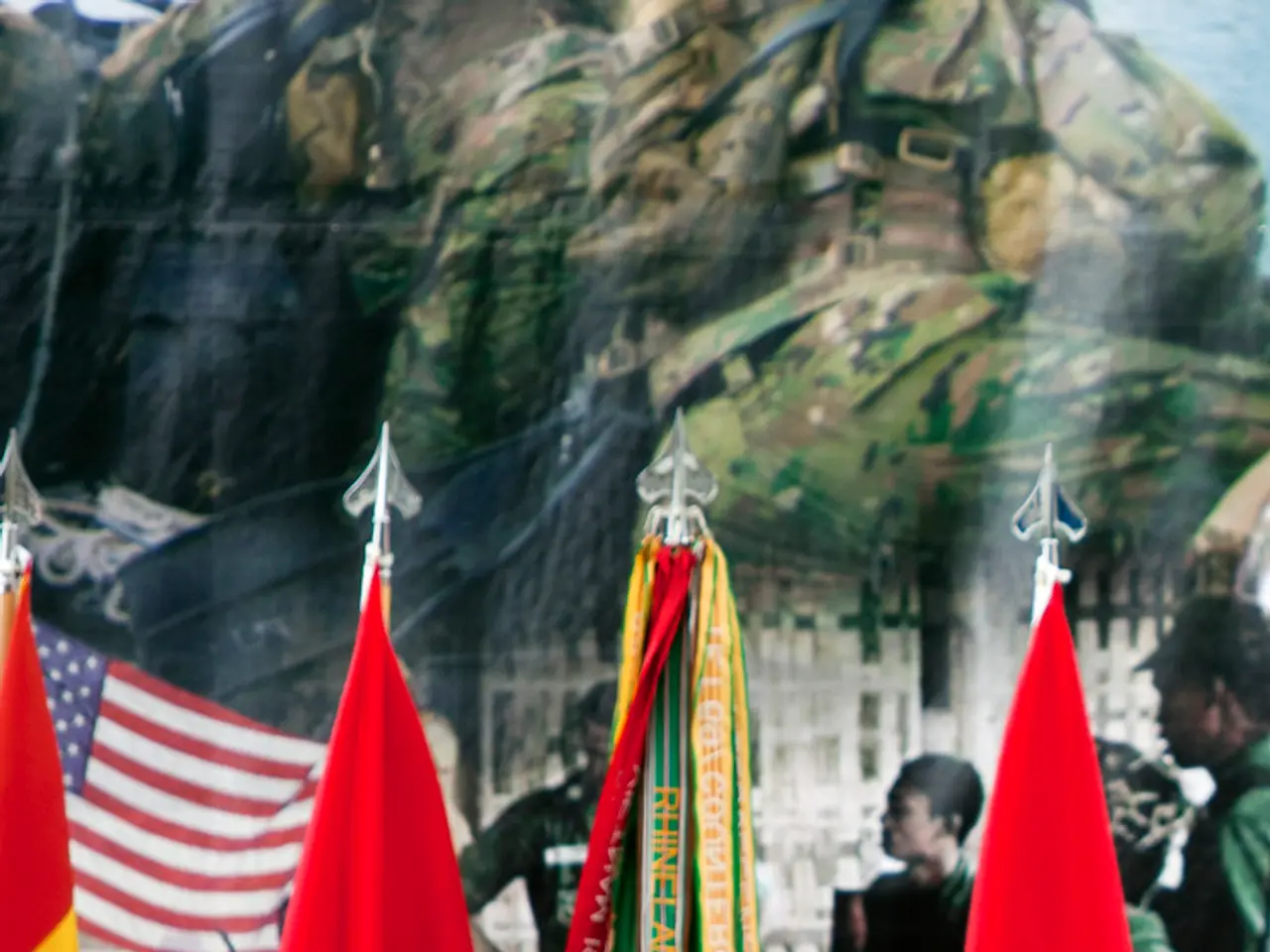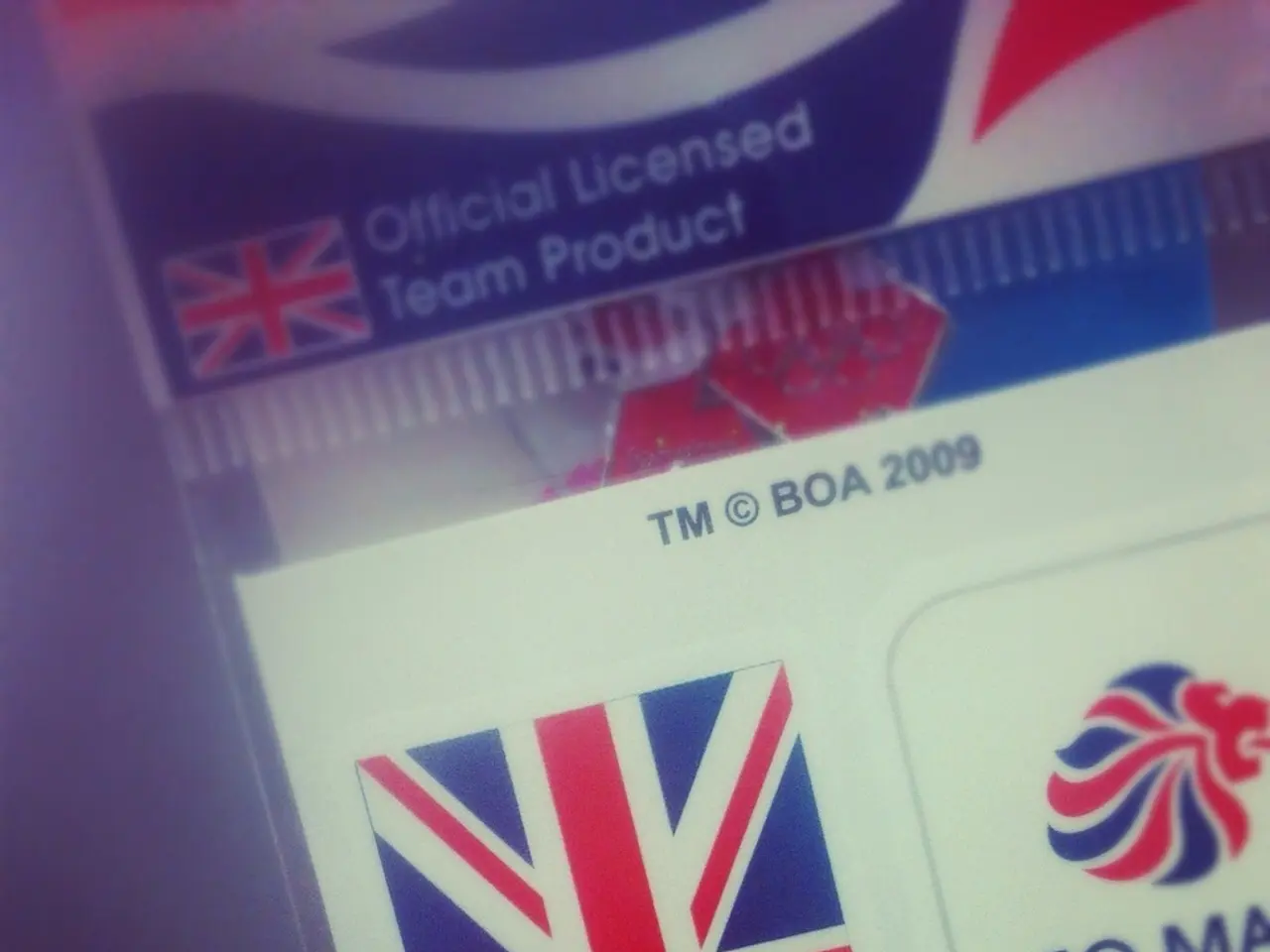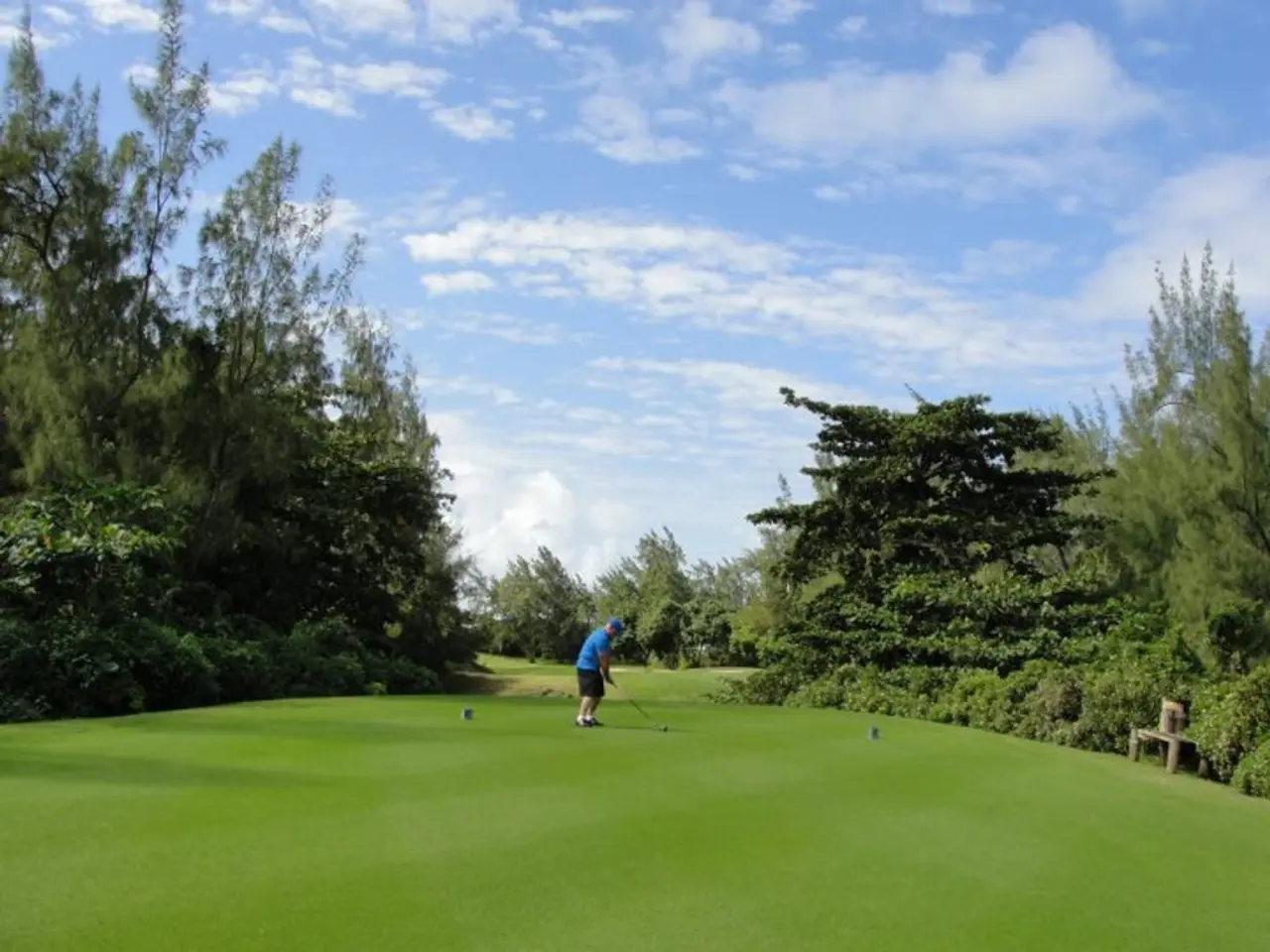Museum group in Scotland expresses concerns over alleged 'gender policing' in restrooms, while Estonian museum director faces criminal charges from Russia, and other morning news for July 28, 2025.
In Rotterdam, a city renowned for its modernist architecture and Europe's largest port, a cultural renaissance is underway. Local stakeholders believe that the city's cultural life is entering a new era, with a focus on embracing its layered histories while investing in a creative future.
Meanwhile, across the English Channel, the UK Supreme Court has issued a ruling that has sparked debate and raised questions about gender identity and equality. The ruling, passed in July 2025, states that the terms "man," "woman," and "sex" in the Equality Act 2010 refer to biological sex. This decision has implications for museums and galleries, particularly regarding access to women-only restrooms and facilities.
Following the ruling, museums and galleries in the UK are legally supported to restrict women-only restroom access to those defined as biologically female. However, they must still respect anti-discrimination protections for trans people through alternative accommodation measures such as gender-neutral restrooms. The ruling represents a shift from previously more inclusive interpretations of gender identity in single-sex spaces.
The umbrella body for 455 museums and galleries in Scotland, Museums Galleries Scotland, has expressed concern about an environment of suspicion and policing of gender in some restrooms following the Supreme Court ruling. They argue that if the current advice is left unchanged, some museums might close, and trans people could be left with no facilities at all.
Elsewhere, the Freud Museum in London is facing calls for an official investigation into allegations of political interference and "autocratic" board decision-making.
In the cultural sector beyond the UK, the Narva Museum in Estonia, directed by Maria Smorzjevskihh-Smirnova, is facing criminal charges from Russia for "rehabilitating Nazism" and spreading false information about the Russian military. The charges stem from a large banner displayed on the museum's exterior that combined the faces of Vladimir Putin and Adolf Hitler, with the caption "Putler War Criminal!"
On a positive note, Tate Modern in London is extending its opening hours until 9 p.m. every Friday and Saturday from next month, aiming to boost visitor numbers, particularly among younger audiences. Before the Covid-19 pandemic, Tate Modern was regularly open until 10 p.m. on Fridays and Saturdays.
Amid rollbacks in federal arts funding and sweeping layoffs at cultural institutions across the US, visitor attendance appears to remain on a steady incline at the Metropolitan Museum of Art.
In archaeological news, an ancient Egyptian handprint dating back around 4,000 years has been found on an artifact at the Fitzwilliam Museum in Cambridge, England. The discovery was made on the base of a "soul house," a model of a building rendered in clay, during research for the museum's forthcoming show "Made in Ancient Egypt."
References: 1. The Guardian 2. BBC News 3. Scotsman
- The contemporary art fair, Art Rotterdam, showcasing works by both established and emerging artists, is a significant part of this cultural renaissance taking place in Rotterdam, contributing to the city's creative future.
- Despite the controversy surrounding the UK Supreme Court's ruling on gender identity, the contemporary debate has sparked a need for organizations like museums and galleries to reevaluate their policies regarding single-sex facilities.
- In the same vein as the Narva Museum in Estonia, gallery spaces, such as the Freud Museum in London, are not immune to external political forces that can create controversy and challenge their autonomy.
- Some museums and art galleries, such as Tate Modern in London, are adapting to audience preferences and economic conditions by extending their opening hours to accommodate a broader audience, including younger visitors.







